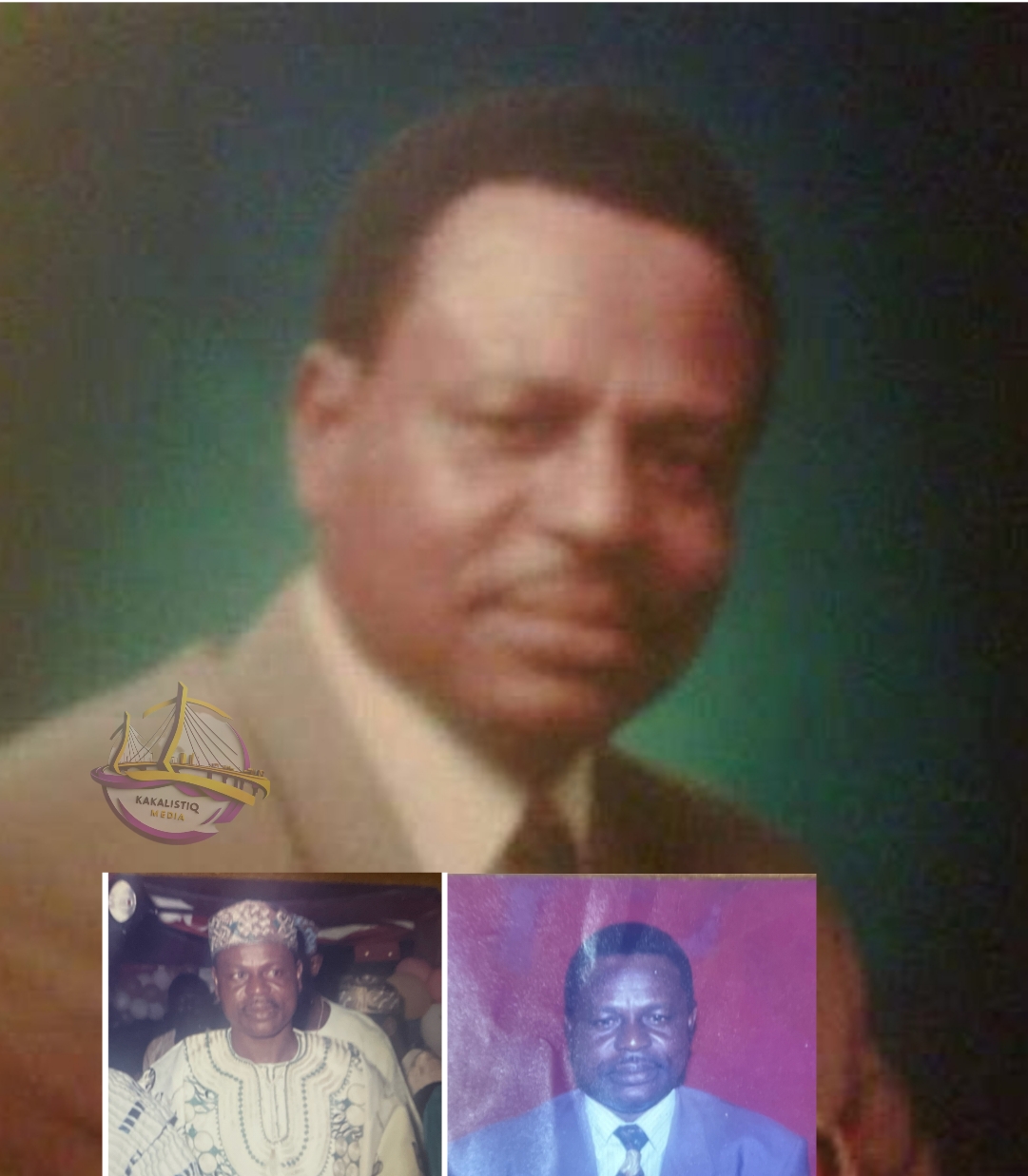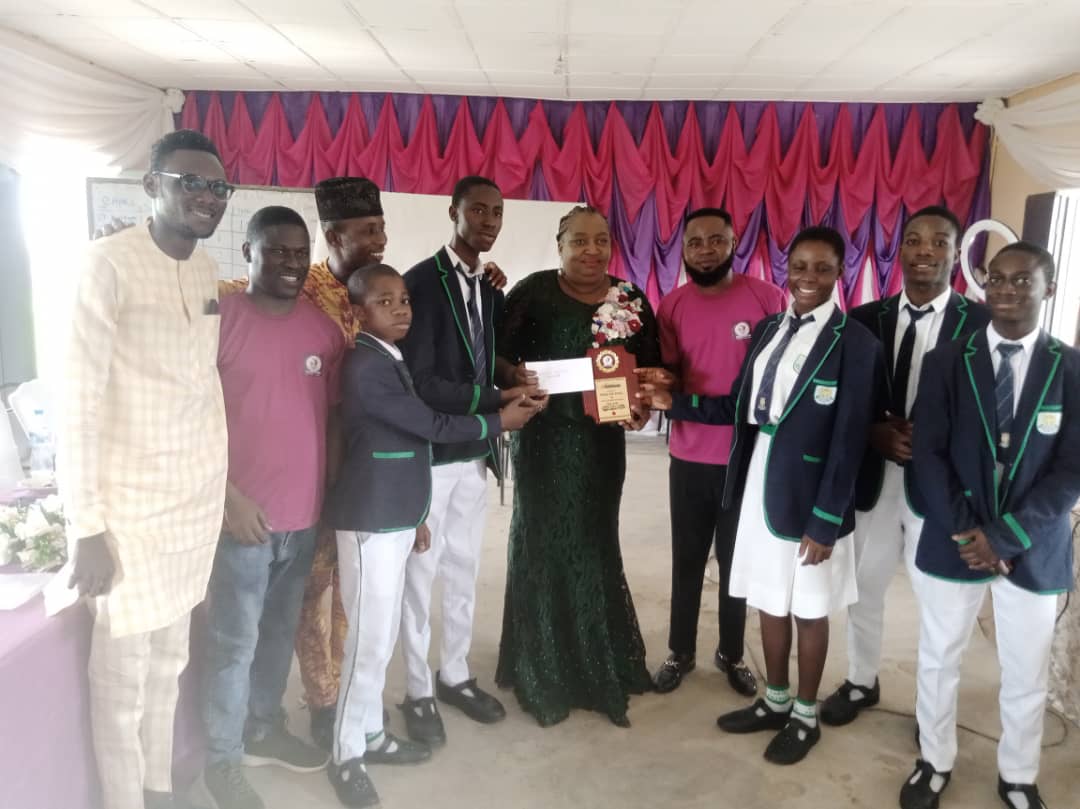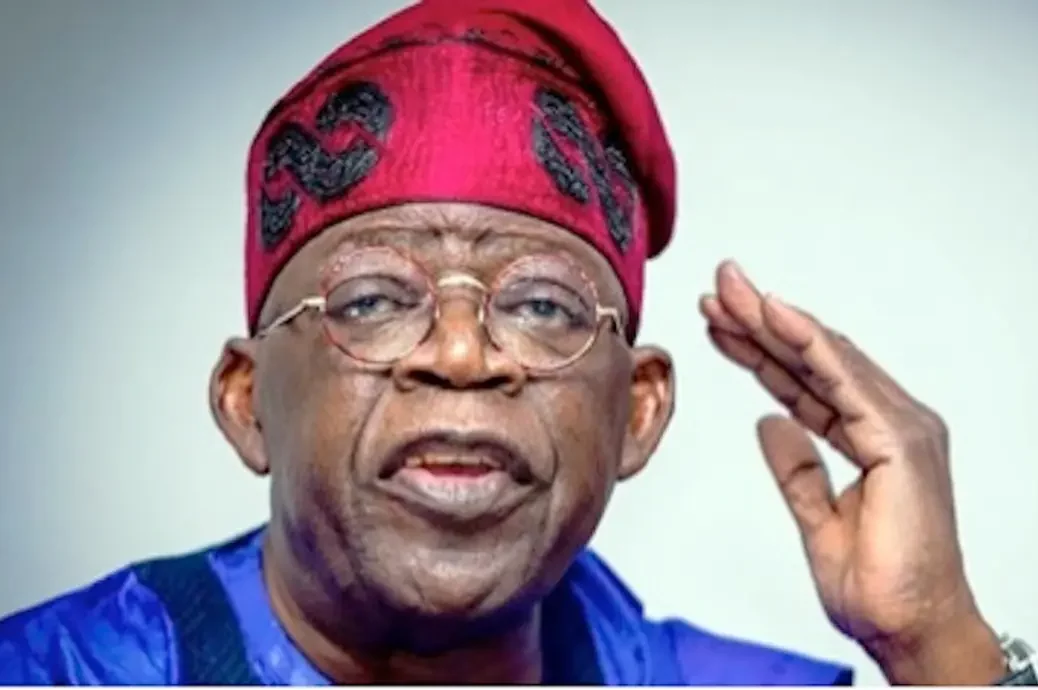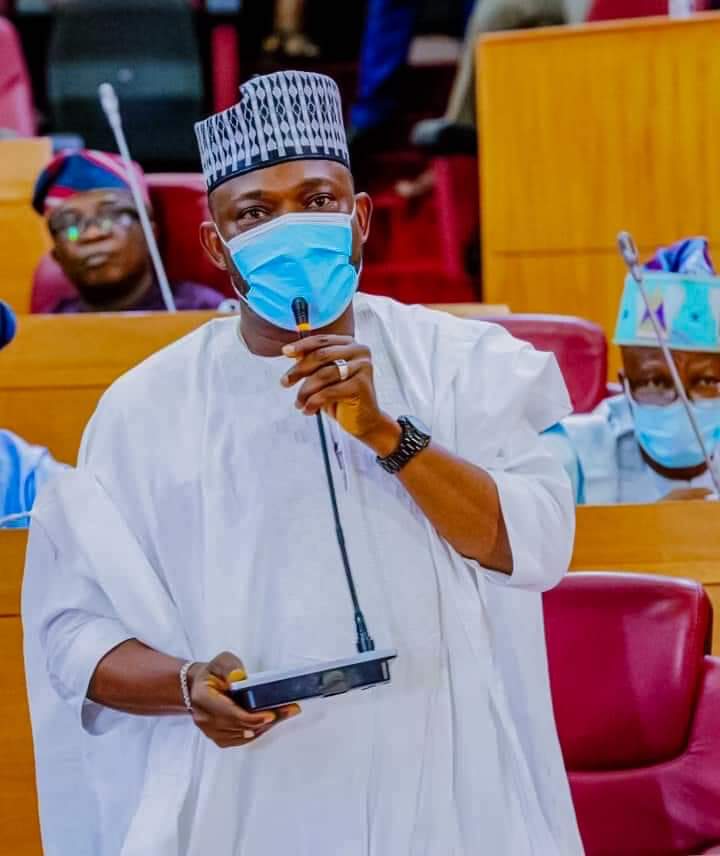kakalistiq.com reports that Alhaja ‘Shade Abiola-Agbalajobi led a tribute to her late brother, Professor Muftau Femi Agbalajobi, whose contributions to the family, the Epe community, Lagos State, and the nation of Nigeria remain unparalleled 27 years after his passing.
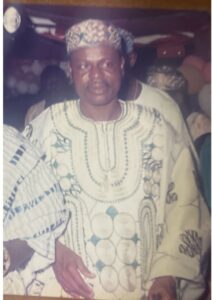
Speaking in Epe, the hometown of the beloved academic and politician, Alhaja Shade honored his memory, saying, “My dearest brother, Omo Luyepo Agbadun Gere Ola, Omo Idogun Eebii, Sun’re ooo. May Allah continue to grant you the perfect rest in Aljanah Fridaous, Amin.”
The loss of Professor Agbalajobi is one that has reverberated through time, not only within his family but across the wider landscape of Lagos and Nigeria.
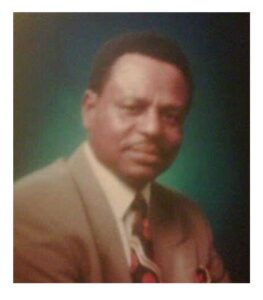
Described as an “academic heavyweight” and a “political colossus,” his passing left a void that many have struggled to fill. From his groundbreaking work in computer science and health informatics to his calm and steadfast role in Nigerian politics, Agbalajobi’s legacy remains firmly intact.
Known for his brilliance, humility, and unwavering dedication to the welfare of others, he is remembered not just for his achievements, but for his character—”a peace maker to the end.”

Born on October 1, 1940, Prof. Agbalajobi’s rise from the streets of Lagos and Epe to the upper echelons of academia and governance is nothing short of remarkable. His academic journey began with a degree in Mathematics from the University of Ibadan, leading him to achieve a Ph.D. in Medical Computing from the University of London. He was not only a revered scholar but also a devoted public servant, holding positions such as Secretary to the Lagos State Government and Commissioner for Finance and Education.
Prof. Agbalajobi’s legacy in Nigerian politics was as formidable as his academic career. A man of immense political dexterity, he was a prominent figure in the Second Republic and a loyal disciple of Alhaji Lateef Jakande. His nomination as the gubernatorial candidate for the Social Democratic Party (SDP) marked a turning point, though he was controversially denied the opportunity to contest further. Despite this, Agbalajobi carried no bitterness, exemplifying a strength of character that endeared him to all who knew him.
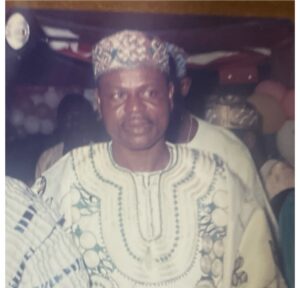
Alhaja ‘Shade, spoke of his irreplaceable loss: “To this day, we feel the weight of his absence. His laughter, his wisdom, and his love for his family, community, and country were unmatched. His humility and grace will forever serve as a beacon for us all.”
Professor Agbalajobi’s story is not just one of success but of service—of a man who in his final hours, even as illness claimed him, sought to unite the people of his beloved hometown, Epe.
The world lost him on September 18, 1997, buried on September 19 of the same year according to Islam rites but his legacy lives on, woven into the very fabric of the city and the country he loved so dearly.

